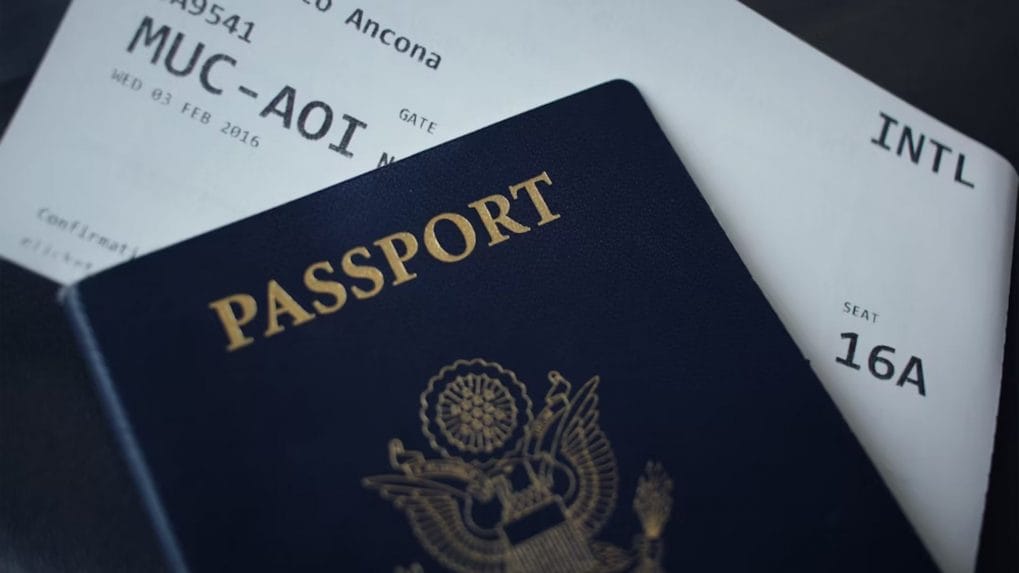EXPLAINER | Why India has been singled out in Canada’s proposed visa crackdown
Canada is seeking new powers to suspend visa applications amid rising asylum claims from India. Internal documents cite delays, fraud, and border misuse, though authorities deny targeting specific countries, saying the measures aim to strengthen border integrity.
ADVERTISEMENT
Canada’s immigration authorities are seeking new powers to suspend or cancel visa applications for certain categories of foreign nationals, a move that internal documents suggest could be applied to country-specific cases, including India and Bangladesh.
While the proposal has been officially framed as a measure for use during “pandemic or war situations,” internal Immigration, Refugees and Citizenship Canada (IRCC) documents obtained by CBC News reveal that the powers could also target countries facing what the department calls “visa-related challenges.”
Why India was flagged?
According to the internal IRCC document, asylum claims from Indian nationals have seen a sharp increase, rising from fewer than 500 per month in May 2023 to about 2,000 per month by July 2024.
The surge has placed significant strain on Canada’s immigration processing system. Verifying temporary resident visa (TRV) applications from India now takes longer, with average processing times increasing from 30 days (July 2023) to 54 days (July 2024).
This backlog has also impacted approval rates as it dropped from over 63,000 in January 2024 to about 48,000 in June 2024, as the authorities diverted more resources to verification.
The report further mentions a rise in “no boards”, instances where travellers were denied boarding flights to Canada and notes that by July 2024, 1,873 Indian applicants had been identified for additional questioning and sent procedural fairness letters, outlining their rights and legal options.
No equivalent data was shared for Bangladesh, though it was also named among countries facing visa scrutiny.
What the proposed powers mean?
The new powers being sought by Canada would allow the IRCC to suspend or cancel visa processing for applicants from specific countries or regions during emergencies or special circumstances.
While Immigration Minister Lena Diab has described the proposal as a tool for use in extraordinary conditions like pandemics or wars, the internal document’s reference to “country-specific visa holders” has raised concerns over selective enforcement.
In response to the CBC report, the IRCC said the powers were not aimed at any particular nationality and that “decisions would not be taken unilaterally.”
It also stated that Canada has taken “concrete steps” to curb border misuse including tighter screening of TRV applications from countries with high abuse rates.
According to the department, these efforts have already led to 97% drop in illegal U.S. border crossings by foreign nationals from the June 2024 peak; 71% drop in asylum claims from TRV holders (May 2025 vs. May 2024); and 25% rise in visa refusals for fraud between January and May 2025 compared to the same period last year.
The revelations have sparked debate over whether Canada’s immigration tightening measures could disproportionately affect certain countries, particularly India, which remains one of the largest sources of international students and visitors.
Also Read: Trump’s visa hike spurs India’s AI, SaaS talent push for startups
Also Read: US clarifies $100,000 H-1B visa fee applies only to new applicants


